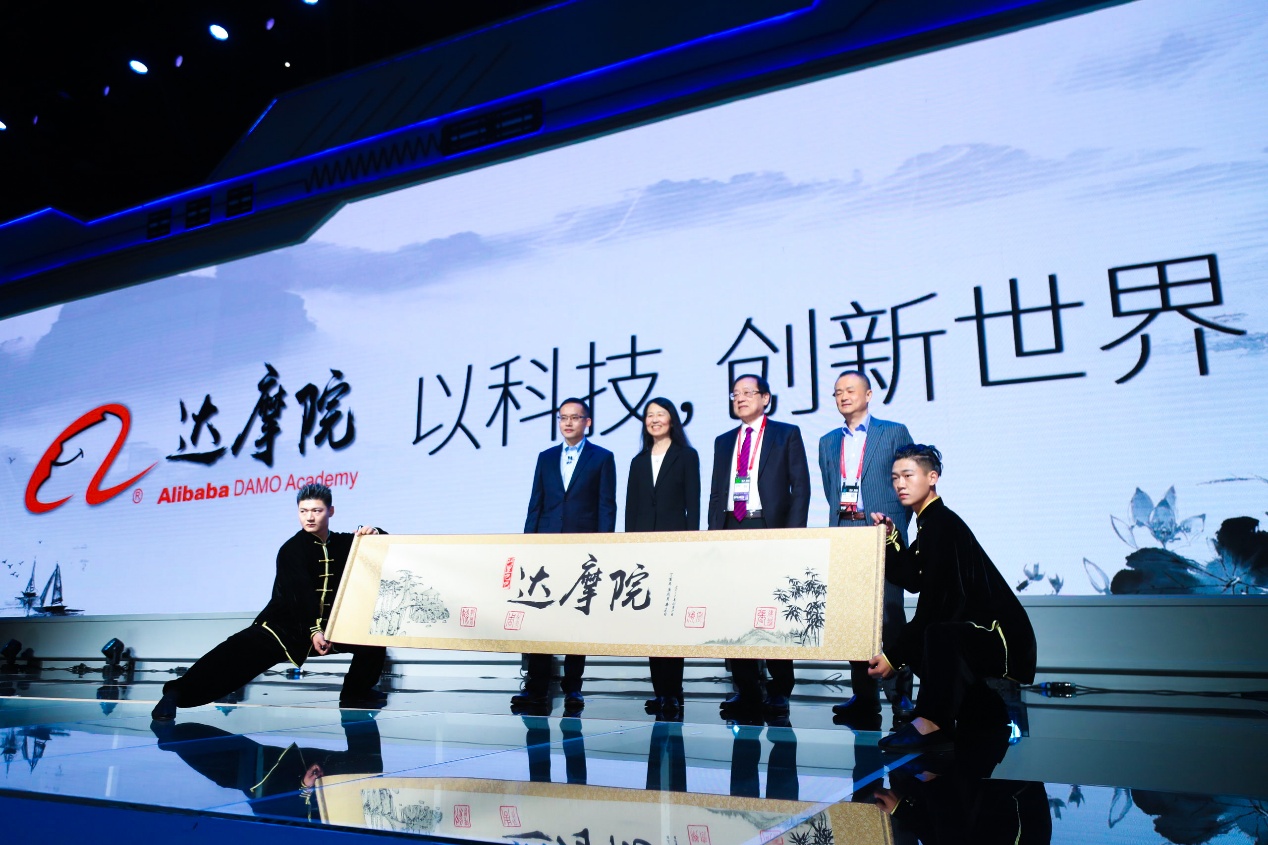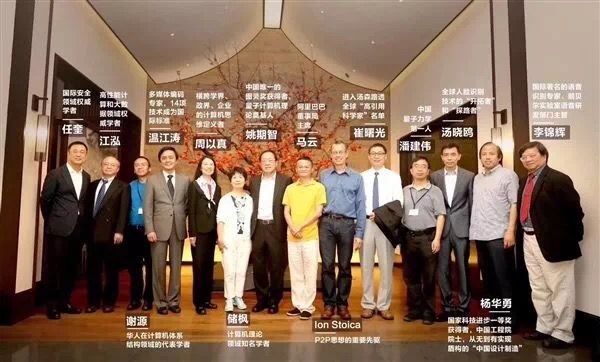There is only one Alibaba in China, but China’s innovation drive strategy needs more “Dharma Houseâ€
On October 11, Alibaba officially launched the "Dharma House" at the Hangzhou Yunqi Conference. This new entity is dedicated to fundamental science research and breakthrough technological innovation, with a commitment to invest 10 billion yuan in technology R&D over the next three years. This move marks a significant shift in how Chinese tech companies approach basic research, as it's rare for them to allocate such substantial resources toward foundational scientific exploration. In many ways, this initiative breaks the traditional model where universities and research institutes were the main players in basic science, and now, tech enterprises are stepping up as key contributors to advancing cutting-edge technologies.
The establishment of the "Dharma House" reflects the broader national strategy of innovation-driven development, offering a strong push for China to become a leading innovative country. It represents not just an investment in science, but also a strategic move to position Alibaba as a global innovation engine.

Caption: Alibaba announced the establishment of "Dharma House" on October 11, 2017
Since the early 2000s, China has been striving to enhance its independent innovation capabilities and build an innovative nation. The 2013 Third Plenary Session of the 18th CPC National Congress emphasized the need to strengthen the role of enterprises in technological innovation, especially large ones. At the Yunqi conference, Ma Yun explained that Alibaba’s investment in large-scale scientific research aims to make the company a major driver of innovation for the country, society, and the world. With the creation of the "Dharma House," Alibaba is further solidifying its position as a leader in technological advancement.
The "Thirteenth Five-Year Plan" (2016) highlighted the importance of supporting basic research and key technologies, emphasizing original and disruptive innovation. It called for stronger corporate involvement in innovation, and Alibaba’s "Dharma House" stands as a prime example of how tech companies can lead in frontier research and drive China toward breakthrough innovations.

Caption: On October 10, 2017, Ma Yun took a photo with scientists involved in planning the Bodhidharma
Ma Yun envisions the "Dharma House" as a new model for corporate research institutions, one that offers lessons for developed nations while surpassing traditional research structures. It features four key characteristics: market proximity, cutting-edge focus, long-term vision, and platform building. The goal is not just to pursue theoretical knowledge, but to solve real-world problems through fun and meaningful innovation.
According to Ma, the "Dharma House" is about solving problems, not just chasing novelty or profit. It combines practical applications with theoretical research, ensuring that scientific discoveries have real-world impact. By leveraging Alibaba’s vast market and data resources, the "Dharma House" aligns with the government’s push to use market forces in guiding technology development and innovation.
The Dharma House focuses on frontier areas like quantum computing, machine learning, and human-computer interaction, and plans to establish global research centers. This places it among the top tech firms worldwide. Historically, corporate labs like Bell Labs and IBM Research have driven major breakthroughs, and now, Alibaba is following suit, aiming to elevate China’s technological landscape by investing in long-term, foundational research.
Hu Xiaoming, President of Alibaba Cloud, explained that the "Dharma House" is a long-term investment, focusing on the fundamental layers of technology, whereas Alibaba Cloud’s R&D team is more customer-focused, addressing immediate needs. This dual approach allows Alibaba to look both forward and meet current demands, enhancing its overall innovation capacity and supporting its growth over the next two decades.
Another key feature of the "Dharma House" is its openness. It is not just an internal lab, but an open platform for global innovation. It collaborates with universities and researchers worldwide, sharing real-world scenarios and data. This helps bridge the gap between academic research and commercial application, a long-standing challenge in China’s innovation system. By fostering collaboration between industry and academia, the "Dharma House" contributes to building a more integrated, market-driven innovation ecosystem.
While there may be only one Alibaba, the path to making China a truly innovative country requires more companies to follow similar paths. Investing in basic science and cutting-edge technology through creative and forward-thinking approaches will be essential in driving the next wave of technological progress.
20 port USB charging station
This 20 port USB charging station has high quality patience and persistence. And the maximum demand that meets the charging is up to 20 devices. Each interface has an independent chip, which effectively prevents mutual interference between each port. Static single fan automatically heat dissipation to ensure the safety of the charging equipment. Provide overvoltage, short -circuit, overload, overload, temperature and voltage regulator protection.
20 Port Usb Charger,Usb Ai Smart Charger,20 Port Intelligent Charger,20 Port Electronic Devices Charge
shenzhen ns-idae technology co.,ltd , https://www.best-charger.com